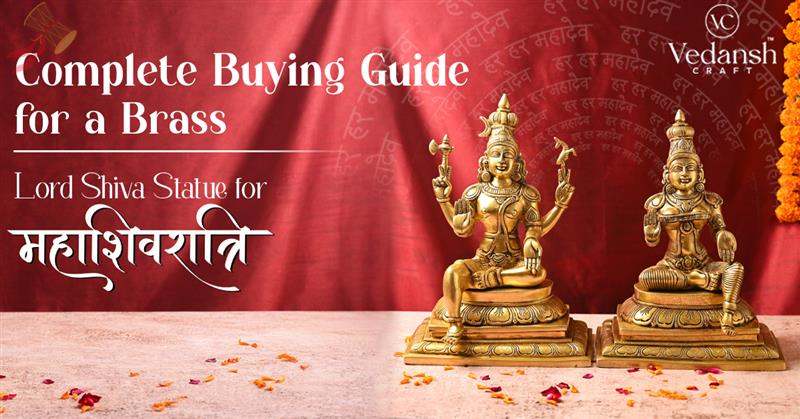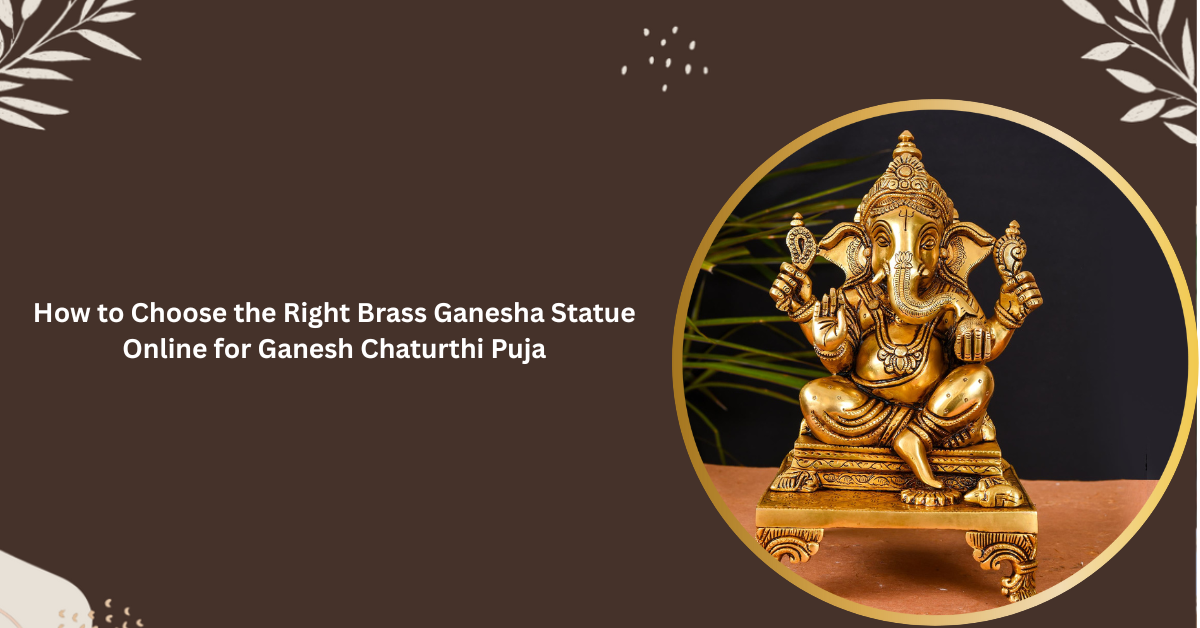

Kali Yuga: Age of Evil
, by javed techqart, 6 min reading time
Kali Yuga is the last and worst stage of the Yuga cycle, lasting for about 4,32,000 years. Kali Yuga is the age that saw the decline of moral and ethical values. The Kali Yuga started after the departure of Lord Krishna.
Yuga means "an age of the world", and Kali Yuga means "age of kali (evil)". A decrease in spiritual values and social harmony, an increase in diseases, and a shortage of resources characterise this Yuga. Kali Yuga was the age that invited darkness and destruction.
What is Kali Yuga?
Kali Yuga is an age described as a decline of dharma, human values, and honesty. The age at which some people lost their spiritual abilities, mental clarity, and understanding. Most people in this age are involved in physical labour. It was an age that saw the highest number of challenges, but despite all the challenges, this age provided opportunities for spiritual growth and self-realization.
Kali Yuga was ruled by evil as the connection between divine and human weakens, Since evil has taken control during the Kali Yuga, virtue has been destroyed. The Kali Yuga began shortly after Lord Krishna's departure. Political and religious leaders become criminals rather than defending others.
Deception and insincerity in the image of spirituality and religion are becoming more common in the Kali Yuga. There is hardly any peace on the globe. The majority of living things are in pain and want peace. Innocent people and the environment have been harmed by the corruption of humanistic ideals for the selfish ambition and greed of a select few.
Avatar taken by Lord Vishnu in kali yuga
In each Yuga, Lord Vishnu took many avatars to establish dharma; in Satya Yuga, lord Vishnu took four avatars (Matsya, Kurma, Varaha, and Narasimha), in Treta Yuga lord Vishnu took three avatar (Vamana, Parashurama, Rama), in Dwapara Yuga lord Vishnu took avatar of Balarama and Krishna, Buddha and In Kali Yuga, to establish purity and truth, lord Vishnu took the avatar of Kalki.
Kalki
In Hinduism, the concept of avatars holds significant importance, representing the divine avatar of a deity in the mortal realm to restore cosmic order. One such anticipated avatar is Kalki, the tenth incarnation and final incarnation of lord Vishnu. The name Kalki is derived from Kal, which means "time".
According to the Puranas, Kalki is portrayed as riding a white horse and brandishing a blazing sword, rejuvenating existence by bringing an end to the darkest and most destructive time in order to kill Adharma (unrighteousness) and usher in the Satya Yuga.
To destroy evil, Kalki's avatar was predicted to appear on a white horse with a sword in hand, symbolizing his power to cut through ignorance and falsehood. Kalki is called the future incarnation of Lord Vishnu; according to Puranas, it's believed to occur at a time of great crisis. Kalki is portrayed as a warrior who has come to save people from evil.
According to the Kalki Purana, Kalki was born in the village of Shambhala, where he grew up with good parents. Kalki will exhibit remarkable traits as he matures and will ultimately get a heavenly direction to carry out his holy duty.
Kalki's avatar symbolizes the struggle inside for self-realization and the victory of spiritual illumination over ignorance. In summary, the Kalki Avatar represents the hope for a time when justice would win and is a significant archetype in Hindu mythology. The stories surrounding Kalki provide a timeless lesson in morality, resiliency, and the ultimate victory of good over evil. These tales serve as a source of inspiration for future generations and nations alike.
Exploring the Concept of Kali Yuga
Kali Yuga is the last stage of the yuga cycle, and Kalki is the last incarnation of lord Vishnu.
The kali yuga is the worst age as this age was ruled by demons. People in this age lost humanity, became selfish and were harmed by corruption.
The Kali Yuga started when lord Krishna left, and the connection between human and divine weakens. Religious and political leaders start committing crimes instead of promoting righteousness. In the name of spirituality, deception and insincerity mask their actions, leaving the world devoid of peace.
Kali Yuga is marked by a general deterioration of moral and spiritual values as well as a fall in righteousness (dharma) and an increase in unrighteousness (dharma). It is said to be the period in which morality confronts the greatest obstacles, resulting in a generalized absence of peace and misery for all of humanity. In each Yuga, lord Vishnu took several avatars to establish dharma. Lord Vishnu assumed four avatars during the Satya Yuga (Matsya, Kurma, Varaha, and Narasimha); three avatars during the Treta Yuga (Vamana, Parashurama, Rama); two avatars during the Dwapara Yuga (Balarama and Krishna, Buddha); and one avatar during the Kali Yuga (Kali, to establish purity and truth).
It is believed that in Kali Yuga, lord Vishnu will take the avatar of Kalki, born in the village of Shambhala, where he would grow up with good parents. Kalki is depicted as a warrior riding a white horse with a sword in hand that will occur at times of crisis to save people from evil forces.
Kali Yuga was the age in which virtue was destroyed, there was no peace, and people were in pain; however, Kali Yuga is viewed as an age that presents unique opportunities for spiritual growth and self-realization.
People are challenged to search for greater truths and more profound spiritual knowledge in the face of misfortune and moral deterioration. The challenges of the Kali Yuga force individuals to reflect and reach out beyond worldly goals to the inner spiritual essence that exists within them. It is said that people might develop qualities like patience, compassion, and resilience because of the difficulties and upheaval of this day and age.
Therefore, despite the fact that the Kali Yuga is associated with moral instability and social unrest, it is also viewed as a time when there is a chance for significant personal growth and the discovery of one's true spiritual essence in the turmoil of the outside world.
Blog posts




